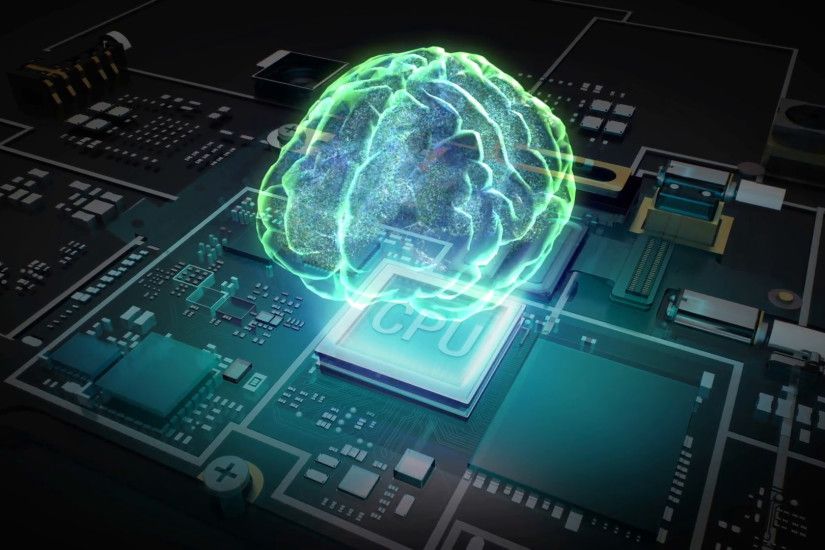Solving Tomorrow: Embracing the Power of Artificial Intelligence
Solving Tomorrow: Embracing the Power of Artificial Intelligence
Blog Article

Artificial intelligence is revolutionizing the way we interact with technology, creating opportunities for innovation and advancement in nearly every sector. This advanced technology enables machines to learn, reason, and make decisions, mimicking human cognitive functions. The possibilities are endless, from self-driving cars to personalized recommendations, as AI continues to shape our world in ways we never thought possible. With its potential for streamlining processes, enhancing productivity, and driving overall growth, embracing the power of artificial intelligence is key to solving tomorrow's challenges.
The Rise of AI
Artificial intelligence, often referred to as AI, has emerged as a transformative force in the technological landscape. It encompasses various technologies that enable machines to carry out tasks that typically require human intelligence. This paradigm shift indicates a new era where automation and cognitive capabilities are not just a possibility, but a reality reshaping industries worldwide.
The adoption of AI is gaining momentum across diverse sectors such as healthcare, finance, and transportation. Organizations are leveraging AI to streamline operations, optimize decision-making processes, and drive innovation. This strategic deployment of AI systems is leading to increased efficiency, cost savings, and improved outcomes, fueling the proliferation of intelligent technologies in our society.
As AI continues to advance at a rapid pace, its impact on society is becoming more pronounced. From enhancing customer experiences to enabling personalized recommendations, AI has woven itself into the fabric of modern-day living. With its potential to revolutionize productivity and unlock new opportunities, the rise of AI paints a promising picture for a future powered by intelligent machines.
Challenges and Opportunities
In the realm of artificial intelligence, there lie challenges as vast as the opportunities they present. One significant challenge is the ethical implications surrounding AI technologies, particularly in decision-making processes. Balancing the speed and efficiency of AI with ethical considerations is a paramount challenge that requires careful navigation.
https://www.blab.com
On the flip side, the opportunities that arise from embracing artificial intelligence are boundless. AI has the potential to revolutionize various industries, from healthcare to finance, by optimizing processes and increasing productivity. Industries can harness AI to make data-driven decisions, leading to improved outcomes and driving innovation forward.
Despite the challenges, the promise of artificial intelligence is undeniable. As researchers continue to push the boundaries of AI technologies, the opportunities for growth and advancements in various sectors become increasingly apparent. Embracing the power of artificial intelligence opens doors to a future where intelligent systems work alongside humans, augmenting capabilities and shaping a tomorrow full of possibilities.
Ethical Considerations
In the realm of artificial intelligence, ethical considerations play a pivotal role in shaping the future landscape of technology. As AI continues to evolve and integrate further into our daily lives, it becomes imperative to address ethical dilemmas that arise.
A key ethical concern revolves around data privacy and security. With the vast amount of data being collected and analyzed by AI systems, there is a pressing need to ensure that individuals' personal information is safeguarded. Transparency in data usage and stringent measures to protect privacy are essential to build trust among users.
Another ethical aspect to ponder is the potential for bias in AI algorithms. Since these systems learn from existing data, they can inadvertently perpetuate biases present in the data. It is crucial to actively work towards mitigating bias in AI to ensure fair and equitable outcomes for all individuals, regardless of race, gender, or other defining characteristics.
Report this page